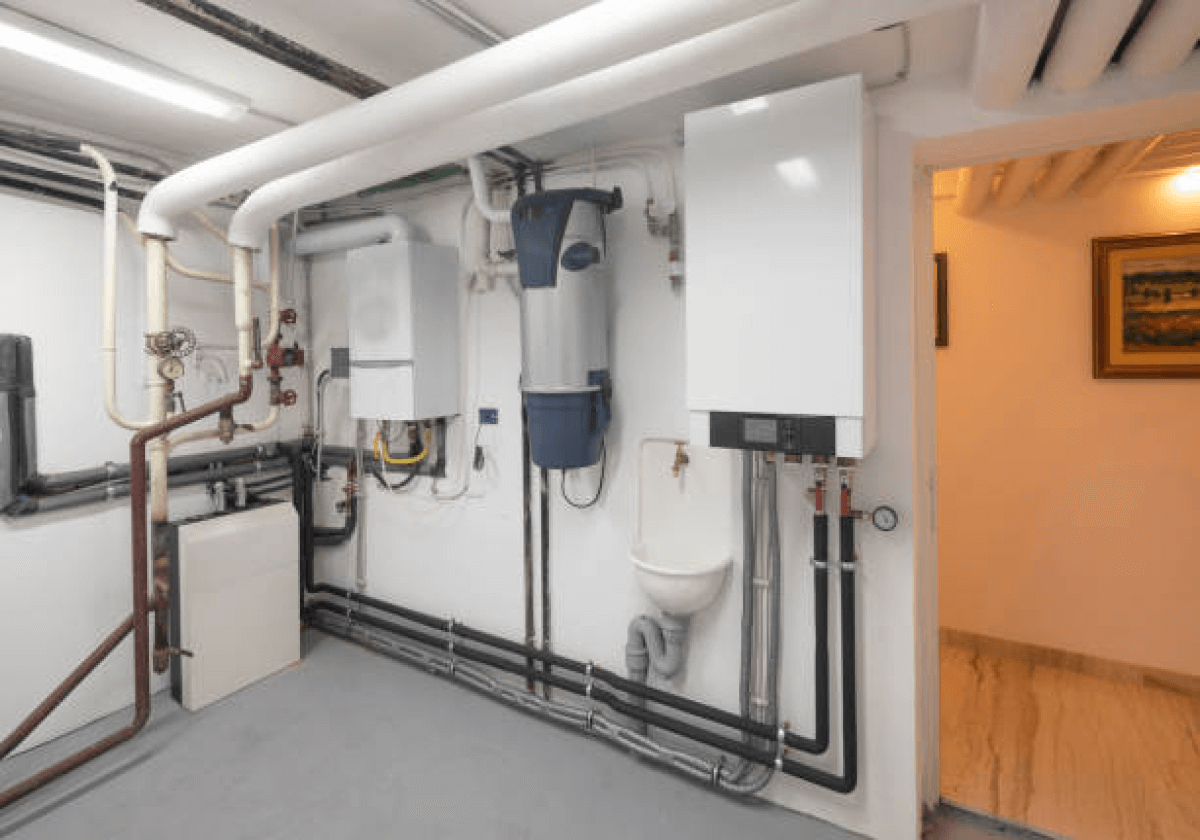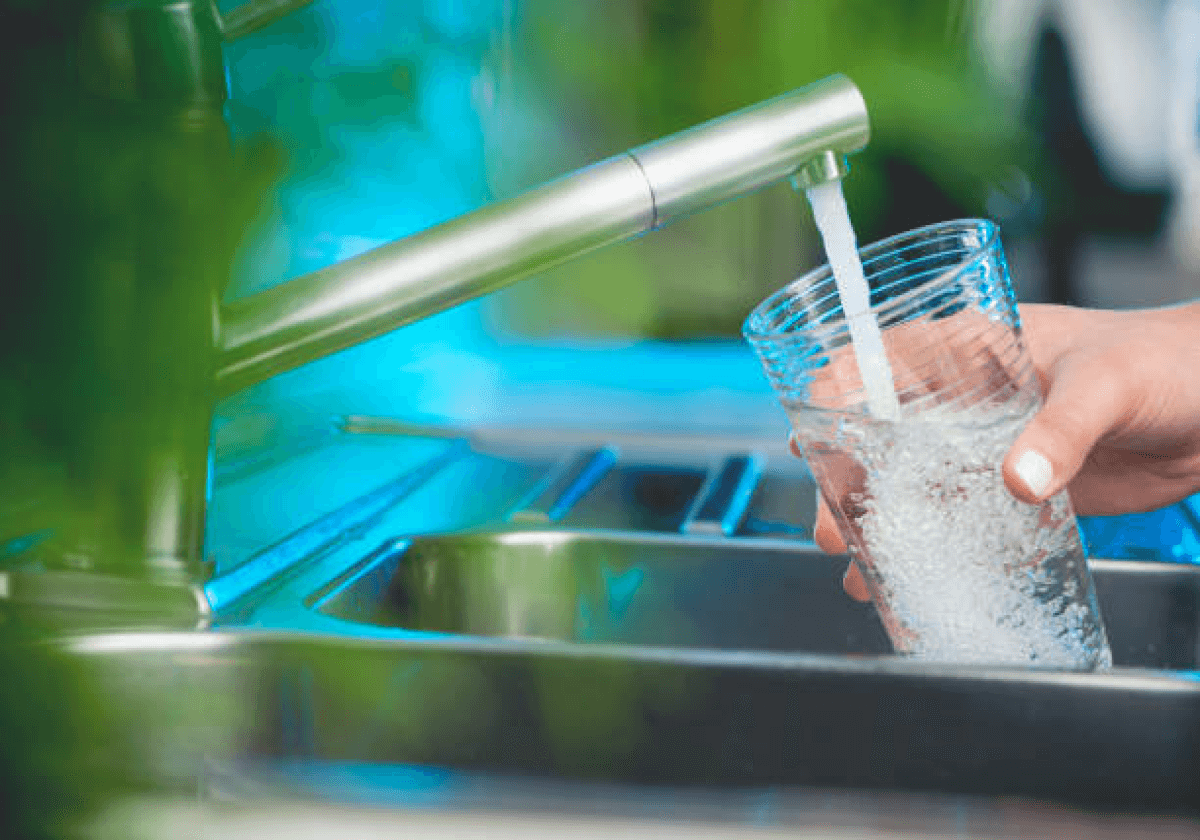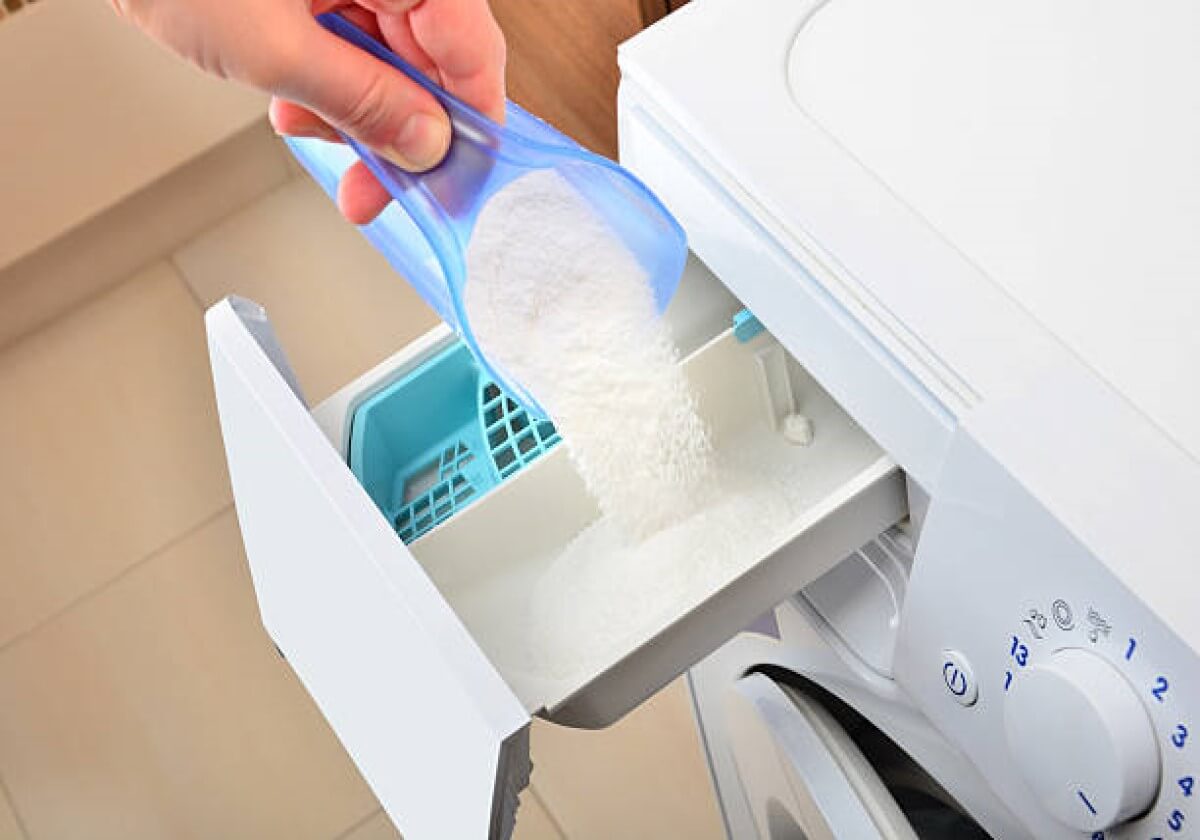Are Whole House Water Filters Worth It? A Comprehensive Guide
What are Whole House Water Filters?

How Does Whole House Water Filters Systems Work?
Benefits of Whole House Water Filters
- Improved water quality: Whole house water filters can remove a variety of contaminants from your water, including chlorine, sediment, lead, and other harmful chemicals. This can improve the taste, smell, and appearance of your water, and make it safer to drink.

- Protected pipes and appliances: Hard water and other contaminants can damage your pipes and appliances. Whole house water filters can help to protect your investment by removing these contaminants from your water.

- Softer skin and hair: Hard water can also make your skin and hair feel dry and itchy. Whole house water filters can help to soften your water, which can improve the condition of your skin and hair.

- Reduced laundry detergent use: Soft water can also help you reduce your laundry detergent use, as it is more effective at cleaning clothes in soft water. What is a water softener system ?

- Bettertasting food and drinks: If you use filtered water for cooking, you may find that your food tastes better. This is because chlorine and other contaminants can affect the flavor of food.

- Peace of mind: Knowing that your water is clean and free of contaminants can give you peace of mind.
How Much Does a Whole-House Water Filter Cost?
Price Range:
- Low-end: $850 - $2,000
- Mid-range: $2,000 - $4,000
- High-end: $4,000 - $10,000+
Factors Affecting Cost:
- System type: Reverse osmosis RO systems are generally more expensive than activated carbon filters.
- Filter size and capacity: Larger systems suitable for bigger houses cost more.
- Filtration needs: Addressing specific contaminants like arsenic or lead requires specialized filters, increasing the cost.
- Brand and features: Wellknown brands and advanced features like UV disinfection can increase the price.
- Professional installation: Hiring a plumber for installation adds , to the cost.
Additional Considerations:
- Maintenance costs: Budget for regular filter replacements every months.
- Water testing: Consider getting your water tested to identify specific contaminants and choose the right filter.
- Rebates and incentives: Check if your local water authority or government offers rebates for water filtration systems.
Do you Need a Whole-house Water Filter?
How to Choose a Whole-house Water Filter?
- Water Quality Assessment: Comprehensive water quality testing is conducted to identify the presence of specific contaminants in the water supply, such as heavy metals, chlorine, or sediment.
- Flow Rate and Capacity: Consider the flow rate and capacity of the filter system to ensure it can meet the water demands of your household without compromising water pressure or performance.
- Certifications and Accreditations: Verify the effectiveness of the filter by checking for certifications and accreditations from reputable organizations such as NSF International or the Water Quality Association.
- Filtration Media: Evaluate the filtration media used in the system and choose one that targets the contaminants identified in your water test. Common filtration methods include activated carbon, reverse osmosis, and sediment filters.
- Installation and Compatibility: Ensure the filter is compatible with your existing plumbing system and consider the ease of installation. Opt for a system that integrates seamlessly with your plumbing layout to minimize additional modifications.
- Additional Features: Explore additional features and technologies offered by the filter, such as automatic backwashing, UV sterilization, or smart monitoring capabilities. These features can enhance the filters performance and convenience.
- LongTerm Costs: Assess the longterm costs associated with the filter, including maintenance, replacement parts, and warranty coverage. Choose a system that offers costeffective operation and reliable support to maximize your investment.
Conclusion
EXCEED EWG HEALTH GUIDELINES
30 Total Contaminants in Your Water
Water Provider
Fruitland Water Special Service DistrictPopulation Affected
120,000Water Source
Ground water


















































































































